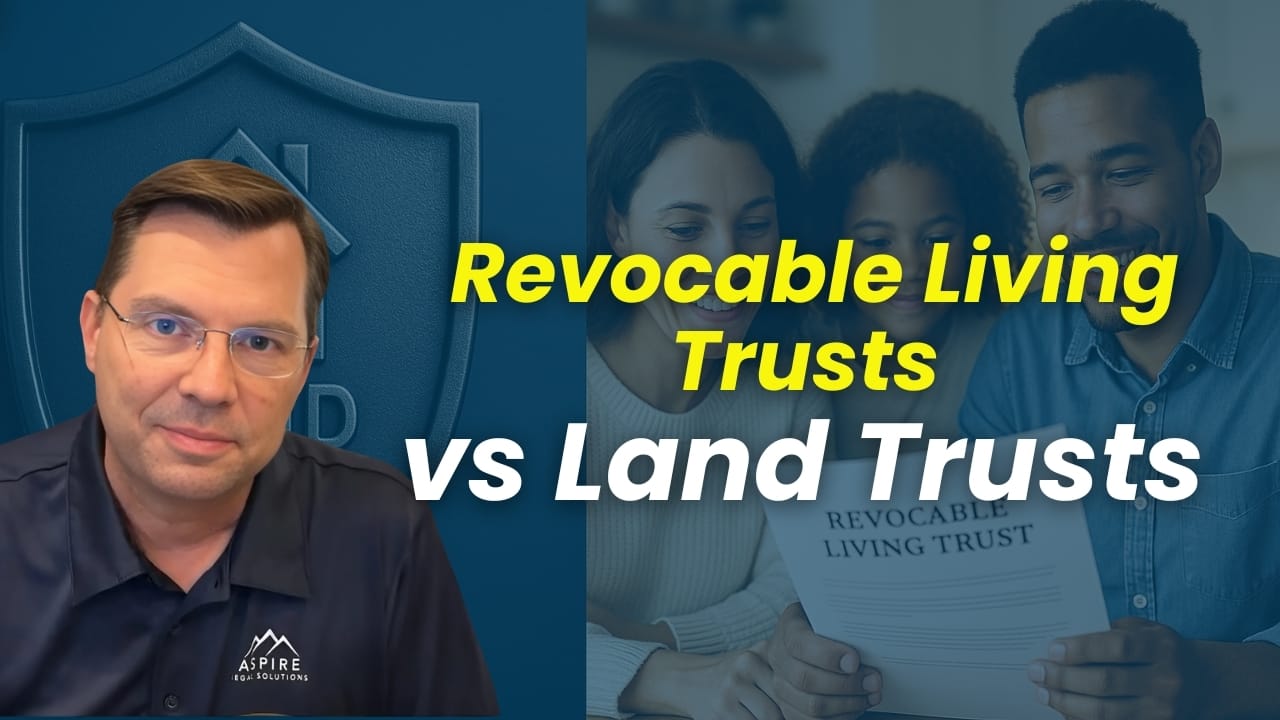Trust This.
By Joseph E. Seagle, Esq.
👋 Happy Friday! Tomorrow is National Cuban Sandwich Day. Fortunately, Florida is one of the best places to find a great Cuban.
❗Situation Awareness: We’re taking next Friday off to start the Labor Day weekend early. Also, our offices will be closed on Monday, Labor Day.
From Italy to a Nasdaq Reservation
How do you follow record-setting success? Get stronger. Take Pacaso. Their real estate co-ownership tech set records in Paris and London in 2024. No surprise. Coldwell Banker says 40% of wealthy Americans plan to buy abroad within a year. So adding 10+ new international destinations, including three in Italy, is big. They even reserved the Nasdaq ticker PCSO.
Paid advertisement for Pacaso’s Regulation A offering. Read the offering circular at invest.pacaso.com. Reserving a ticker symbol is not a guarantee that the company will go public. Listing on the NASDAQ is subject to approvals.
1 big thing: Local Investors Now Outpacing Builders in Affordable Housing

The big picture: Small, local investors — not institutional funds or national builders — are driving affordable housing supply in 2025, according to a new New Western report.
By the numbers:
Local investors renovated and resold 30,852 homes in early 2025, compared to 18,973 new builds sold in the same period .
Institutional buyers made up just 1.93% of all home purchases in Q1, down 62% from their 2021 peak .
Roughly 70% of these renovated homes never hit MLS, meaning the official housing data undercounts supply .
Why it matters for Florida pros:
Deal flow is shifting off-market. Many of these properties are distressed, vacant homes that only local investors are finding and flipping. Realtors and brokers who want in need to tap into investor networks, probate filings, and off-market leads.
Affordability edge. Renovated investor homes typically re-enter the market at 35%–80% below new construction prices, and 17% below the median resale price . That’s critical in Florida, where affordability pressures remain top of mind for buyers.
Entrepreneurial boom. A new wave of “corporate refugees” — former white-collar workers — are entering the space, often with strong management skills. They’re trading one to five houses per year, not operating like Wall Street funds .
The policy gap:
The stalled Neighborhood Homes Investment Act would have created tax credits for rehab projects. Without it, small investors are operating with little federal incentive, despite being the ones filling the affordability gap .
The bottom line: Florida investors, agents, and lenders can’t wait for builders or Washington to solve the housing shortage. The real growth opportunity is in local, small-scale fix-and-flip investing — and in building the networks that connect these homes with end-buyers.
✅ Tip for Florida real estate pros: Position yourself as the connector between local investors and entry-level buyers. That’s where commissions and repeat business are flowing in 2025.
2. Fannie & Freddie Front and Center Again

What’s happening: The Trump administration is actively preparing for an initial public offering (IPO) of Fannie Mae and Freddie Mac—both currently under government conservatorship since 2008—with discussions suggesting a combined valuation around $500 billion and potential proceeds of $30 billion, likely through sale of 5–15% of equity.
A bold option on the table: Administration sources and investor Bill Ackman have floated the idea of merging both GSEs into a single, unified entity—possibly dubbed the “Great American Mortgage Corporation”—which could simplify operations, generate synergies, and even exert downward pressure on mortgage rates .
What real estate stakeholders should know:
Opportunities:
The IPO could inject billions into the Treasury and signal renewed market confidence.
A merged entity might deliver operational efficiencies and, potentially, lower costs for lenders—and ultimately consumers.
Concerns:
Stripping back the GSEs’ implicit government guarantees may destabilize mortgage markets, driving up rates and constricting access—particularly for low-income or first-time buyers.
Merging the two requires congressional approval, and there’s skepticism about whether this can be achieved smoothly—or quickly.
Fast take for Florida players:
Realtors & mortgage brokers in Florida should monitor upcoming policy moves closely, as changes to GSE structure could ripple through liquidity, underwriting standards, and mortgage product availability.
Investors, lenders, and title agents will need to stay agile: regulatory shifts may affect capital flow, funding models, and risk assessment frameworks.
Outlook: A privatization or merger move would mark one of the most sweeping overhauls of U.S. housing finance since 2008. Whether it unfolds via IPO of two separate GSEs or a combined entity, the stakes are high. Professionals should act now: stay informed, assess scenarios, and develop response strategies.

On this week’s Trust This - Ask Joe Anything podcast, I’m explanining the differences between revocable living trusts for estate planning and land trusts for privacy and asset protection.
3. Economics affecting home design preferences

According to a recent report by John Burns Research:
Homebuying and renting have slowed: 37% of U.S. households now believe we’re in a recession, and nearly half are postponing large purchases amid economic uncertainty.
Buyers have shifted priorities: storage, countertop space, and walkable neighborhood amenities now outrank high-end finishes, showcase moments, and community pools.
By the numbers
37% of homeowners/renters think the U.S. is in a recession
~50% are delaying big-ticket home decisions
≈50% of young families wouldn’t buy a home without a bathtub
Why it matters: In Florida’s competitive markets—from Jacksonville to Miami—buyers no longer tolerate cookie-cutter models or premium finishes at the expense of everyday livability. With financing tighter and the cost of ownership rising, product that feels irrelevant or wasteful will drag on days on market and force price cuts.
What’s driving change
Practicality over polish
Kitchens “wow” buyers with clever storage and workflow, not marble islands.
Communities score higher on walkable retail/parks than resort-style pools.
Data, not defaults
Standard assumptions (e.g., laundry upstairs, island sinks) clash with buyer feedback.
Nearly half of young families see a tub as non-negotiable—eliminating it can backfire.
Affordable emotion
Simple design cues (arched doorways, bold accent walls, built-in coffee bars) spark daily delight.
A small budget for personality can position a product above undifferentiated competitors.
What to do
Audit floor plans: Solicit buyer feedback on layouts—consider relocating laundry, rethinking hall baths, and resizing tubs only where data confirms acceptance.
Prioritize daily rituals: Invest in storage, workspace, and features that clients will use every morning (coffee bars, flexible nooks).
Leverage neighborhood assets: Highlight local walkability and partner with nearby retailers to boost project allure.
4. Closing Thought: The question that could save your business

Sunset over Asheville this past Tuesday evening.
Gary Keller once asked: “What’s the business that will put us out of business, and how can we build it first?”
That single question is rocket fuel for entrepreneurs—especially in real estate, where disruption never sleeps.
Why it matters
Most small businesses don’t die from lack of effort. They die because they failed to anticipate the shift in the market—and someone else built the future first.
Zillow, Redfin, and AI-powered search changed how buyers shop.
iBuyers and cash-offer companies redefined seller expectations.
Private lending and fractional ownership models are shaking up investment norms.
If you’re still building yesterday’s business, tomorrow’s competition is already ahead.
The mindset shift
Instead of fearing disruption, Keller suggests embracing it.
Ask daily: What would my competitor invent that could wipe me out?
Challenge yourself: Could I build that instead—before they do?
Test quickly: Pilot new ideas in small markets or with select clients to learn fast.
This turns disruption into opportunity.
For real estate pros
Agents: AI-driven lead generation, virtual assistants, and client dashboards aren’t just shiny tools—they’re tomorrow’s expectation.
Investors: Crowdfunding platforms and tokenized real estate aren’t threats if you harness them first.
Brokers: Recruiting and training systems will need to match the way next-gen agents work, not the way we’ve always done it.
The bottom line
The next big competitor to your business is already being built. The only real question: Will you be the one to build it first?
We hope you found this helpful — any feedback is appreciated and can be shared by hitting reply or using the feedback feature below.
Was this email forwarded to you? Subscribe here.
Have an idea or issue to share? Email us.
Connect with us using your preferred social media and website links for MyLandTrustee and Aspire Legal Solutions.
Our mailing address: PO Box 547945, Orlando, FL 32854-7945
Our physical address: 1901 West Colonial Drive, First Floor, Orlando, FL 32804
Be on the lookout for our next issue! 👋

